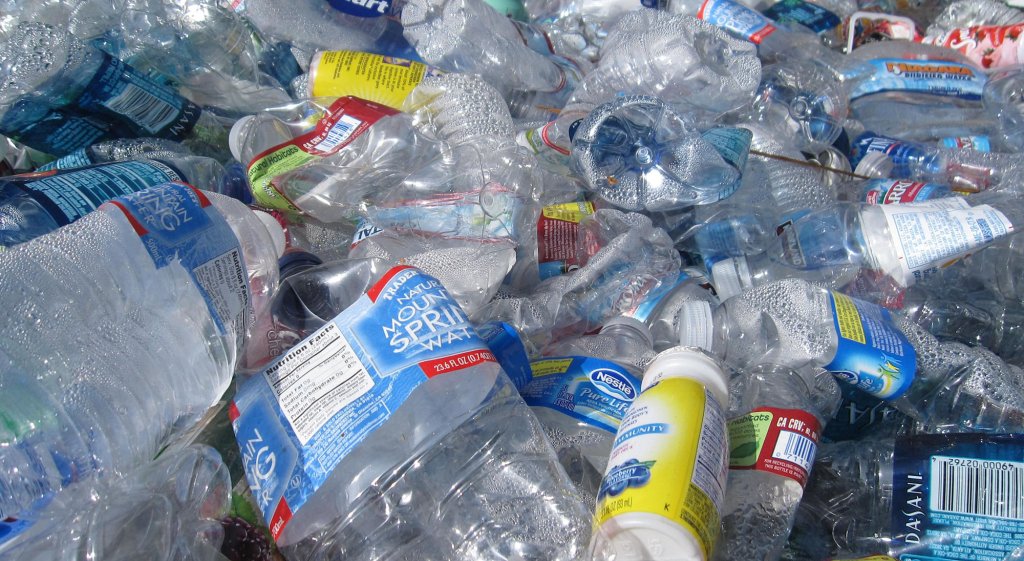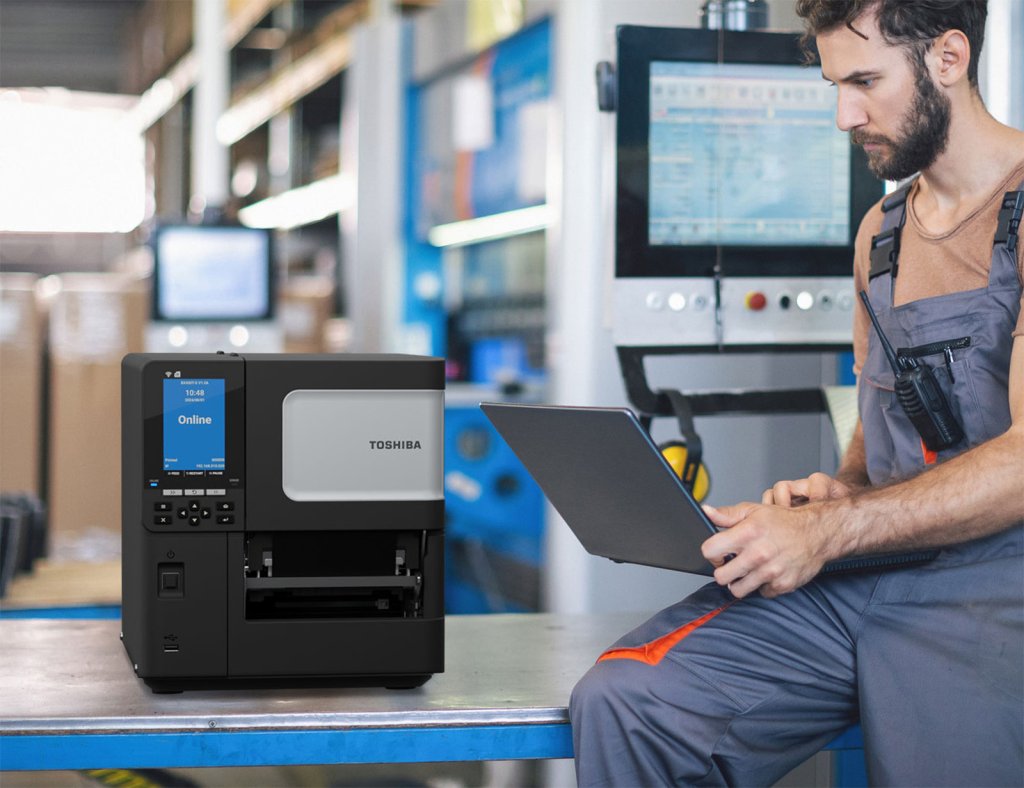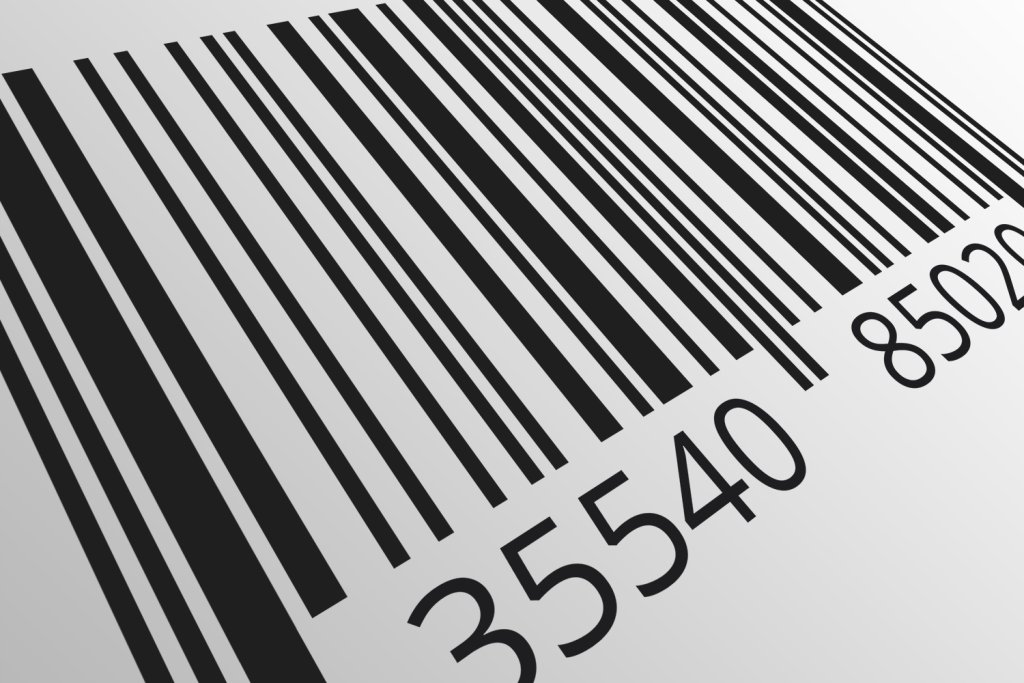The decomposition of a standard takeaway coffee cup can take up to 30 years, while single-use cutlery can take up to 1,000 years.
As a result, there has been a growing need to reduce non-recyclable materials and explore alternative methods of waste management. Consumers have become increasingly aware of the impact their choices have on the environment and are demanding change from retailers. This has led to an increase in the availability of recyclable, compostable, and biodegradable packaging, but there is still confusion surrounding what these terms mean and how to dispose of them properly. In this article, we will break down the definitions of these terms and explain how they can be reused or disposed of correctly to prevent further harm to the environment.
Recyclable
Recycling has become a common practice for many of us, with items like cans, milk bottles, cardboard boxes, and glass jars being recycled on a regular basis. However, there are more complex items like juice cartons, yogurt pots, and pizza boxes that may not be as straightforward.
Research by Ecover has found that 37% of people are unsure if a product's packaging can be recycled. Although not every package is labeled with recycling instructions, it is essential to dispose of them correctly. Incorrectly disposing of recyclable materials with other waste items can contaminate the recycling stream and harm the environment.
Materials like plastics, glass, metal, and aluminium can be recycled multiple times, but there needs to be a way to collect the waste, an efficient process to convert it into something else, and a reliable market for the end product. As we invest more in recycling infrastructure, we see more materials becoming recyclable, either through street collections or specialist drop-off points.
To make recycling effective and positively impact the environment, all recyclable materials must be placed in the recycling stream. If it is discarded as litter or disposed of as general waste, it is no longer recyclable and can be just as harmful to the planet as a single-use item.
While recycling labels on packaging have made it easier to identify whether something is recyclable, not all packages have them. In such cases, it's best to check with your local council or use the extensive resources provided by Recycle Now to ensure proper disposal.
Compostable
When it comes to gardening, composting involves using organic matter like leaves, grass clippings, and non-animal food to create nutrient-rich soil. However, composting can also apply to anything made from organic matter that breaks down in under 12 weeks and enhances soil quality.
Coffee cups that are lined with PLA, a bioplastic made from corn starch, are compostable. However, they are not suitable for home composting and require processing by an "industrial composting" facility, which are limited in number in the UK. Most food packaging that is labeled as compostable is not suitable for home composting, as there is no accepted UK standard for such material, and most councils will not accept them with garden waste or food waste. Therefore, it is essential to check with your local council before disposing of such materials.
Industrially compostable materials, such as food caddy liners that bear the EN 13432/14955 logo, can be put into your food waste bin if allowed by your local council. However, it's crucial to check with them first.
Compostable plastics should not be placed in the recycling bin as they are designed to be broken down in a different way to recyclable plastics. Instead, they should be disposed of through organic waste bins where allowed (see above) or with general waste. If the general waste goes to an energy-from-waste plant, the material will generate renewable energy.
Biodegradable
The term "biodegradable" refers to the breakdown of an item into smaller pieces by natural processes such as bacterial or fungal decomposition. Unlike compostable materials, there is no set timeframe for an item to be considered biodegradable, meaning it can take weeks, years or even millennia to fully break down. However, it should be noted that biodegradable materials may not always leave behind environmentally beneficial byproducts and may release harmful gases and oils during degradation. For example, even biodegradable plastic bags can take decades to fully break down, while emitting harmful CO2 emissions.
While it may be difficult to avoid all biodegradable items, it is recommended to opt for reusable or recyclable items whenever possible. Any non-recyclable or non-home-compostable items, including those labelled as compostable, should be disposed of in the general waste bin.
Bio-based plastics, on the other hand, are made from plant-based materials such as corn and sugarcane instead of petroleum. While they do biodegrade, like all materials, they will not decompose quickly if they become litter and may still be harmful to the environment. However, the production of bio-based plastics eliminates the need for fossil fuels to create plastic.
Talk to us about our environmentally sustainable products.



